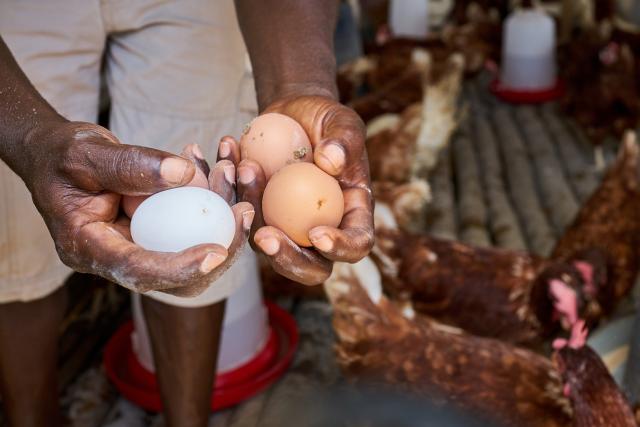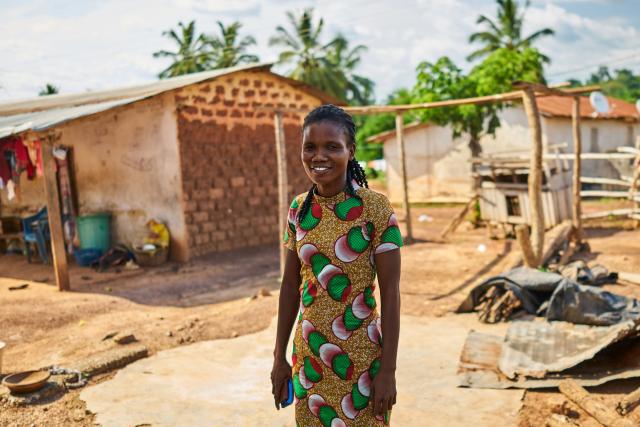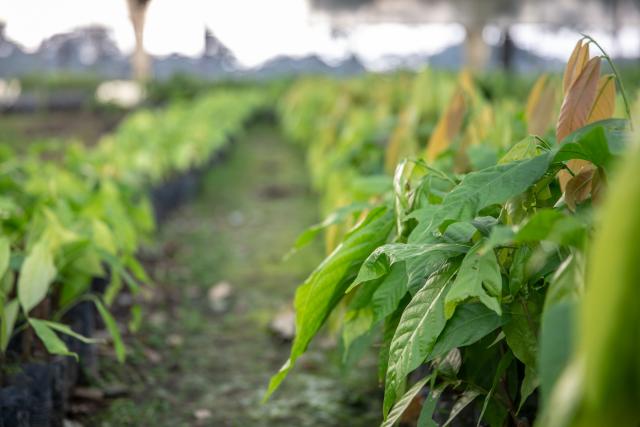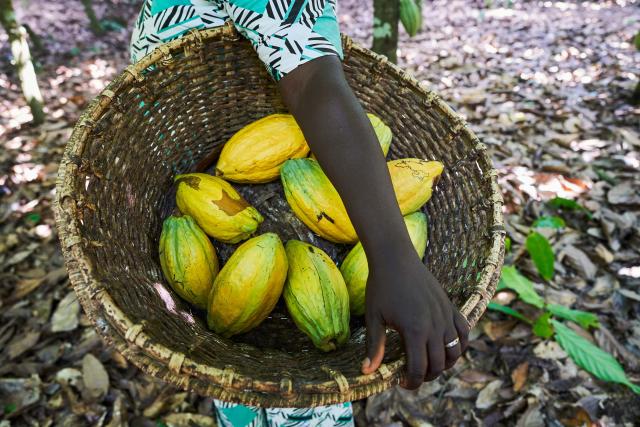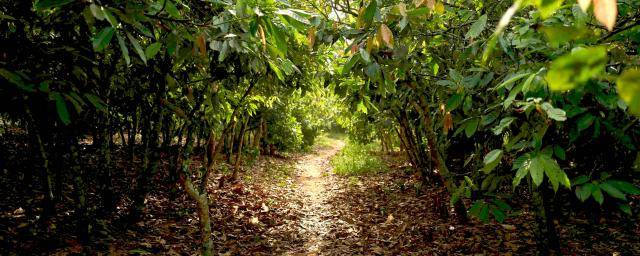Our approach
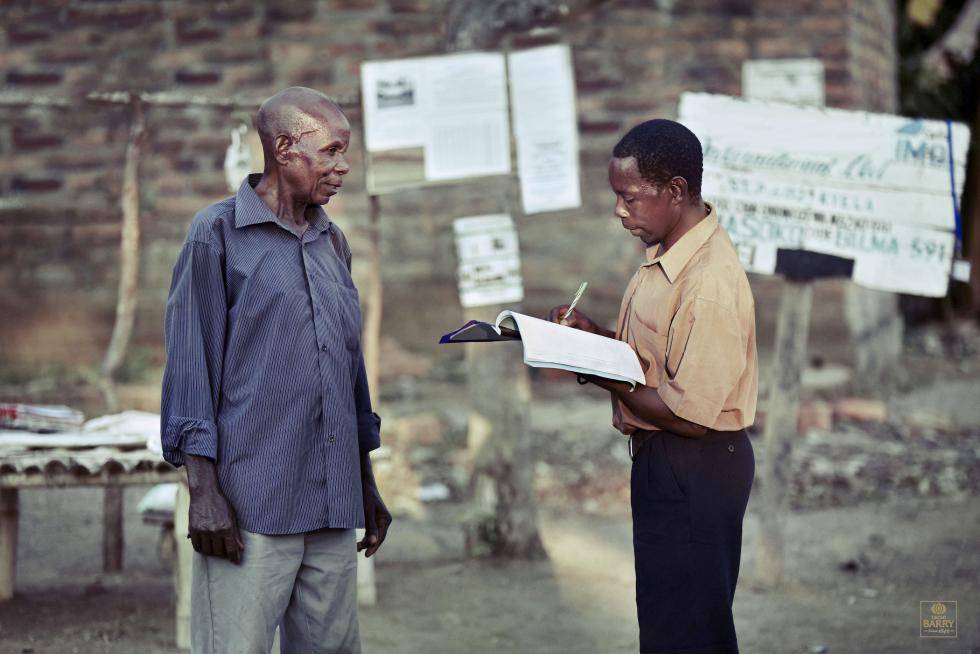
Our approach
We are focusing on big innovative projects which we know will create the tipping point to further a sustainable chocolate supply chain. For this we are using a combination of big data and technology as the backbone to scale our efforts. For example we are building a unique cocoa farmer database, we are providing tailor-made farm services, we are establishing traceability in our supply chain for all ingredients at risk of causing deforestation and we developed a highly innovative carbon foot print methodology for cocoa. In combination with the insights from our pilot projects in cocoa origin countries of what constitutes a sustainable cocoa farm, we are identifying the cocoa farm of the future and are getting ready to roll these out at scale.
We are very proud that our efforts were acknowledged in July 2019, when Sustainalytics, one of the leading companies assessing companies’ sustainability efforts, ranked Forever Chocolate the #1 sustainability strategy in the packaged foods industry out of 178 companies. Sustainalytics focuses on the management of environmental, social and governance risks in supply chains. Barry Callebaut is considered the leader among peers.
The power of data and technology
Through the combination of data and technology we are mapping the structural sustainability challenges in the chocolate supply chain. This then forms the basis for our solutions to make sustainable chocolate the norm.
Farm mapping, combined with farmer census interviews, provides us with key insights into the geographical location, farm size, crops grown, as well as the household composition and income of thousands of cocoa farmers
and their farms.
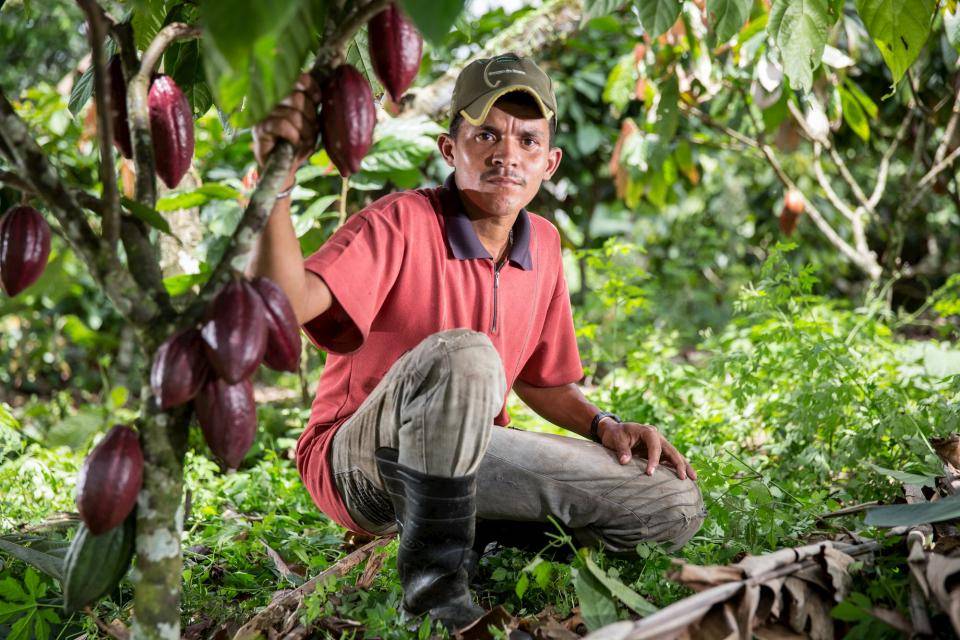
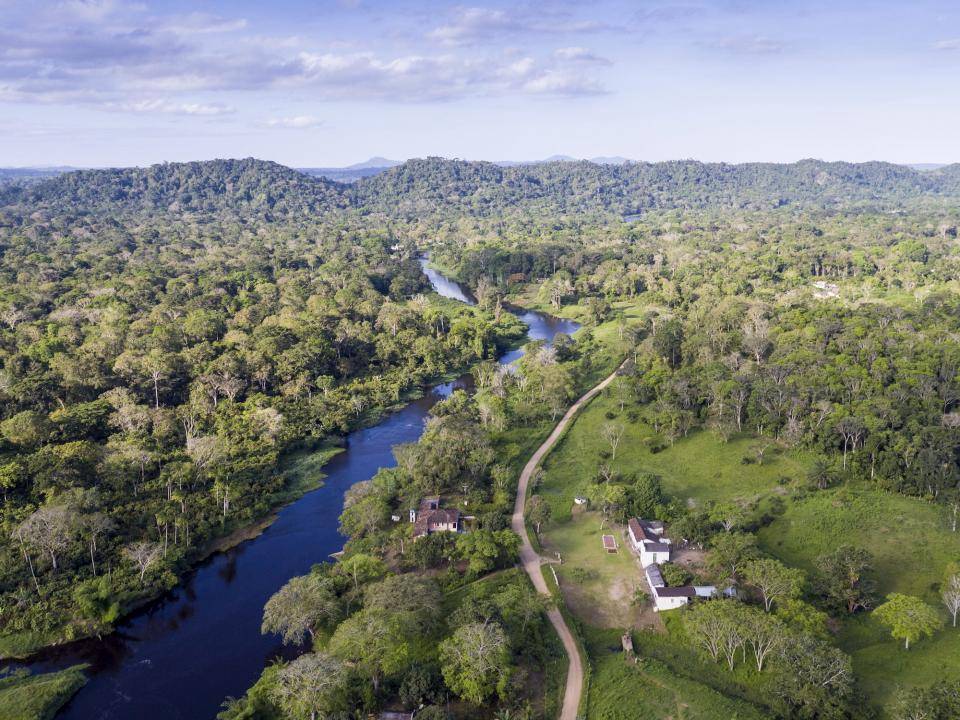
The data from 176,984 farms where we have conducted both geographical mapping and census interviews describes the current situation of cocoa farmers, allowing us to offer more targeted advice on how to improve the productivity of cocoa farms via Farm Business Plans. These plans cover multiple years during which we offer advice on the best mix of planting cocoa seedlings, the use of fertilizers and diversifying income-generating activities and help farmers to access inputs and training on credit.
In addition, understanding where farms are geographically located allows us to assess if a farm is at risk of sourcing from a protected forest area. This is why farm mapping was an integral part of the Cocoa and Forests Initiative Frameworks for action, a multi-stakeholder platform to end deforestation caused by cocoa cultivation in Côte d’Ivoire and Ghana. As a result, we have mapped 47,182 cocoa farms in our direct supply chain within 25 kilometers of a protected forest area in Côte d’Ivoire and Ghana. This means that we have established traceability for the cocoa volumes coming from these mapped farms.
We also apply a similar data-driven approach for all other ingredients which we source besides cocoa, such as cane sugar, soy lecithin and palm oil. We are working within our own direct supply chain, as well as with suppliers and governments for our indirect supply chain, to introduce traceability as a matter of priority. Further, we have created a heat map to provide an overview of areas where the sourcing of agricultural raw materials poses a high risk of causing deforestation.
Our data insights also allow us to calculate our carbon footprint much more accurately. By combining farmer data with satellite data, we can calculate the carbon impact of land cleared for agriculture in those areas where the farms from which we are sourcing are located. This innovative methodology replaces average country data with farm-specific data.
Finally, the farmer census data also enables us to assess the risk of a farm being dependent on the use of child labor, by combining data such as the number of children in the household, access to quality education, and women’s income earning potential.
Scaling the insights from our pilots
By combining our data insights and technology platforms with the outcomes of the pilot projects on sustainable cocoa farming we are implementing, we can truly drive systemic change at scale. We are collaborating with Wageningen University in the Netherlands, the world’s leading agricultural university, to capture and assess the findings of these pilot projects. This will allow us to roll out the learnings at a larger scale, benefiting more cocoa farmers. Just under 50,000 cocoa farmers have access to our farm services and more than 16,000 farmers have access to a Farm Business Plan. We have distributed over 1.8 million cocoa seedlings and over 750,000 shade trees. These are substantial numbers that create tangible impact on the ground. We leverage the learnings from the pilots in Cocoa Horizons, our preferred vehicle to support the implementation of our sustainability activities because of its capability to drive impact. The premiums flowing into the Cocoa Horizons Foundation increased by +40% over the last fiscal year. This growth allows the program to reach more farmers and scale impact. At the same time, Cocoa Horizons allows our customers to offer products that support the creation of self-sustaining cocoa farming communities and thereby protect children and promote biodiversity.
Creating the movement
Forever Chocolate is a movement. We need the expertise from academia and NGOs, the resources from our customers and partners, and an enabling policy environment from governments in order to succeed in making sustainable chocolate the norm. To drive change, and to achieve systemic impact, we require all stakeholders to come on board. Our 2018/19 Forever Chocolate Progress report clearly shows what can be achieved through a data-driven approach, rolled out at scale, with the support and resources of all relevant stakeholders. Since Forever Chocolate is a movement, we welcome all feedback and offers for support.
